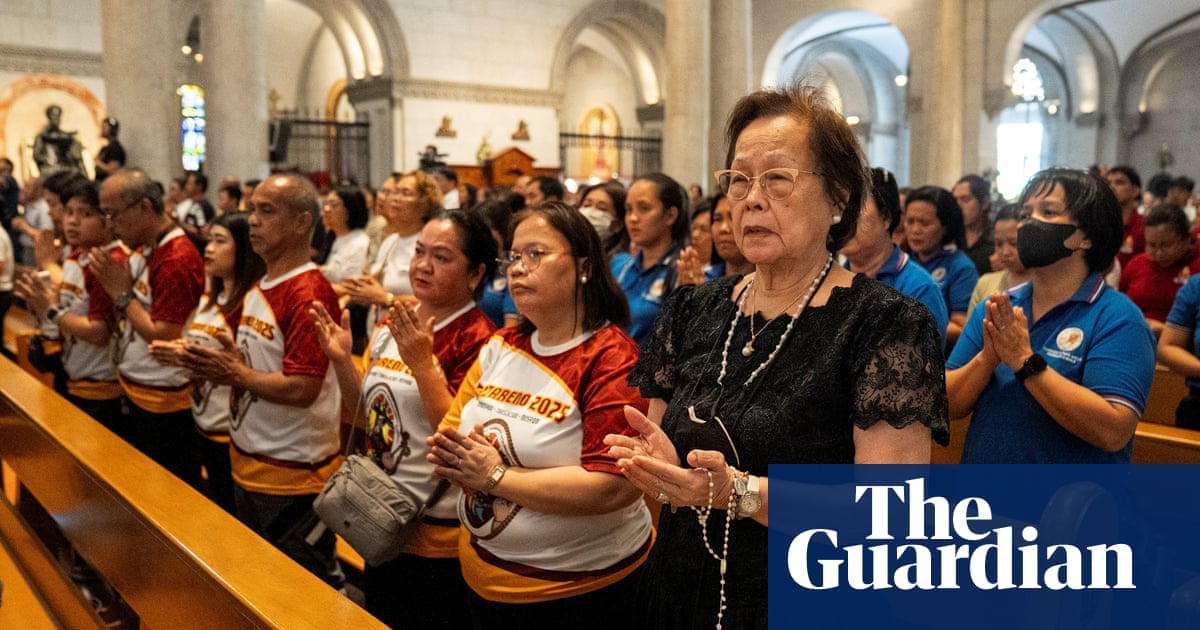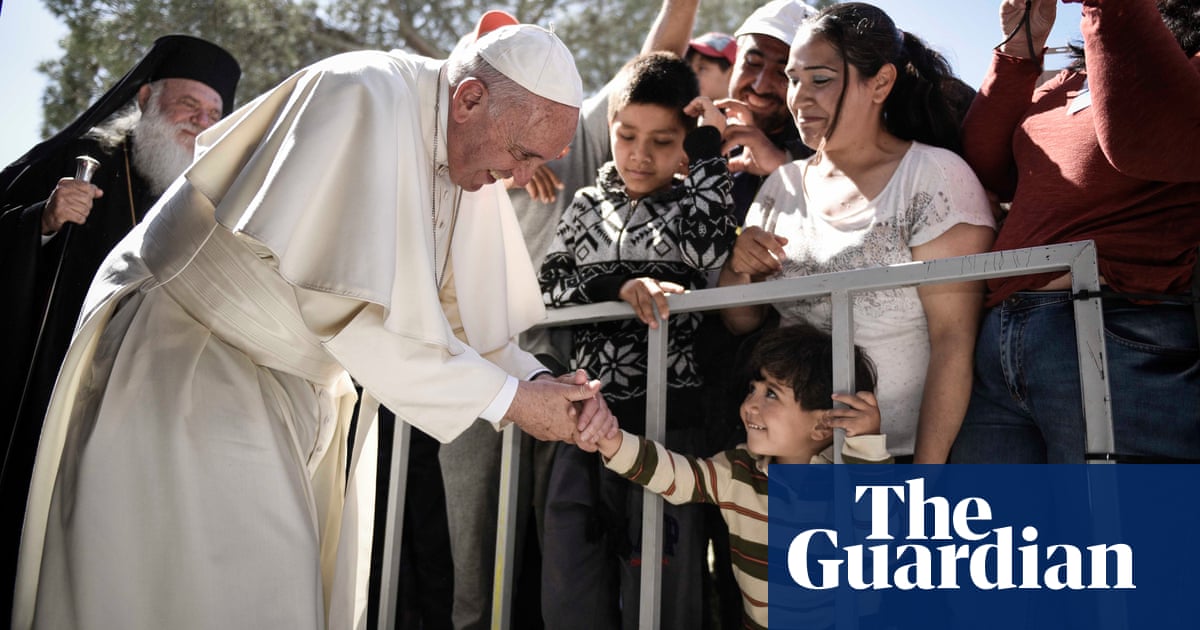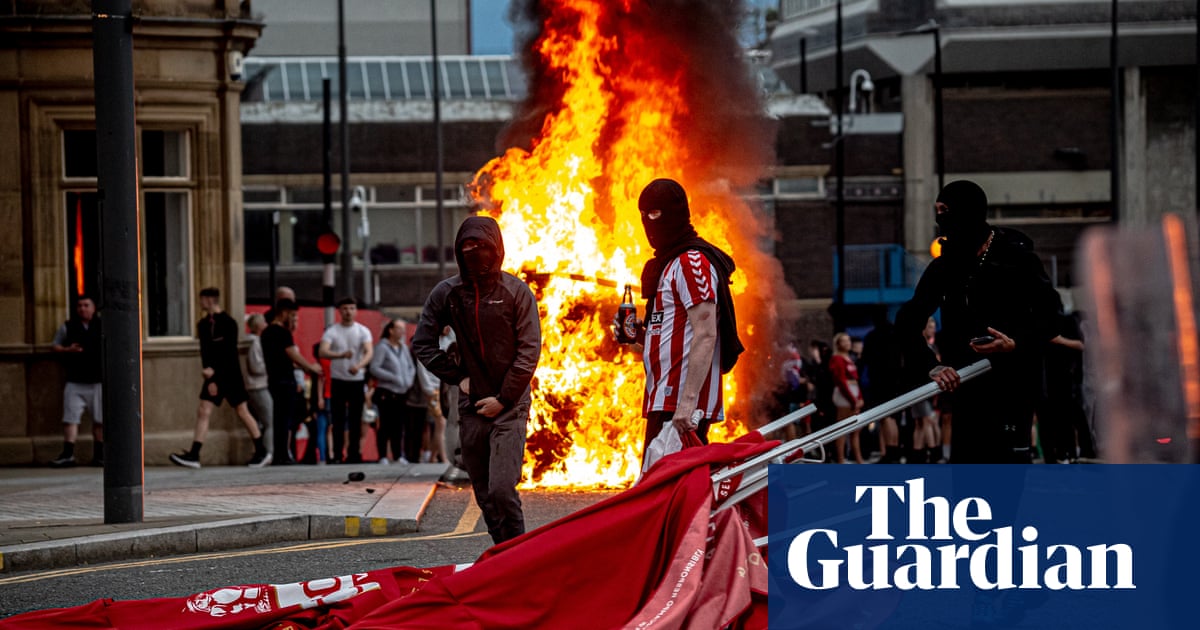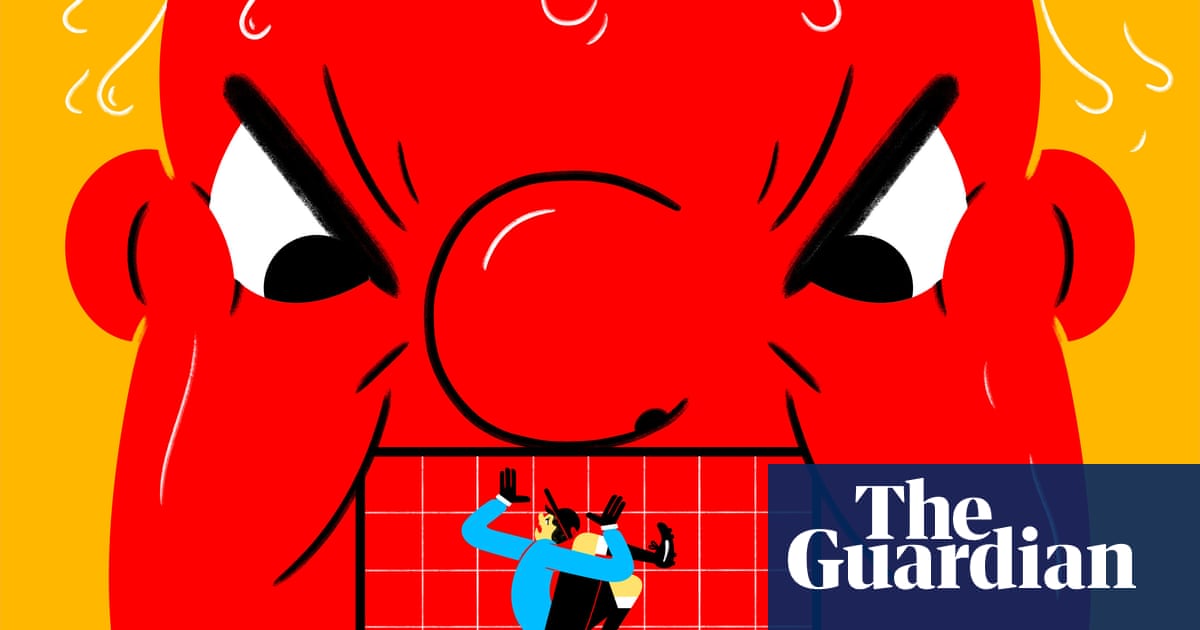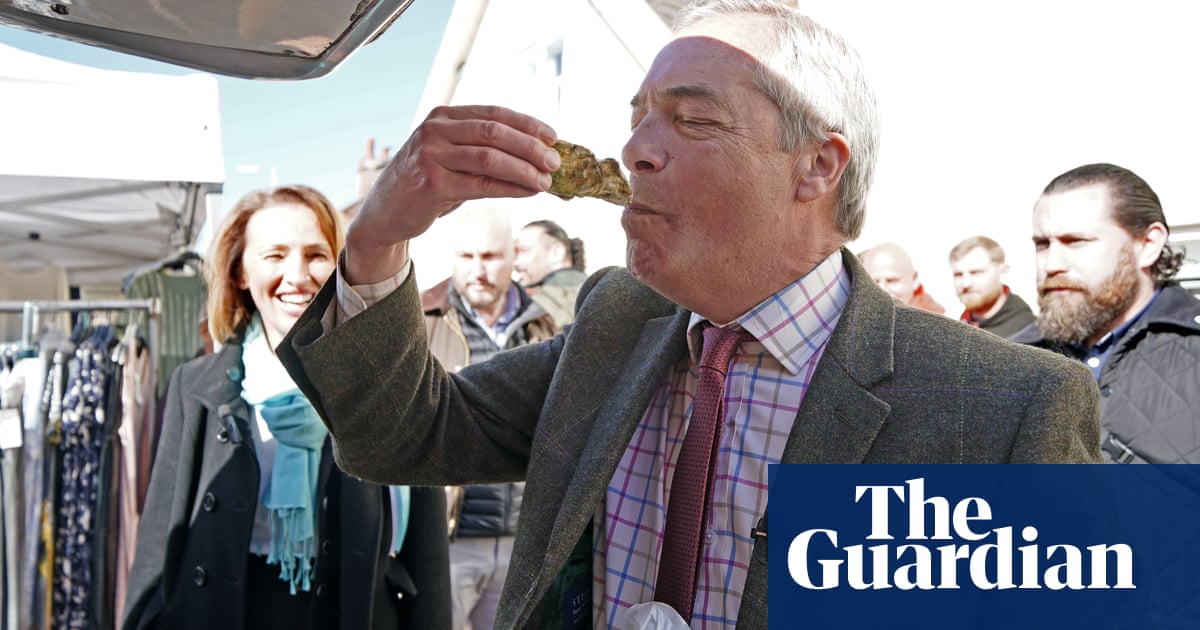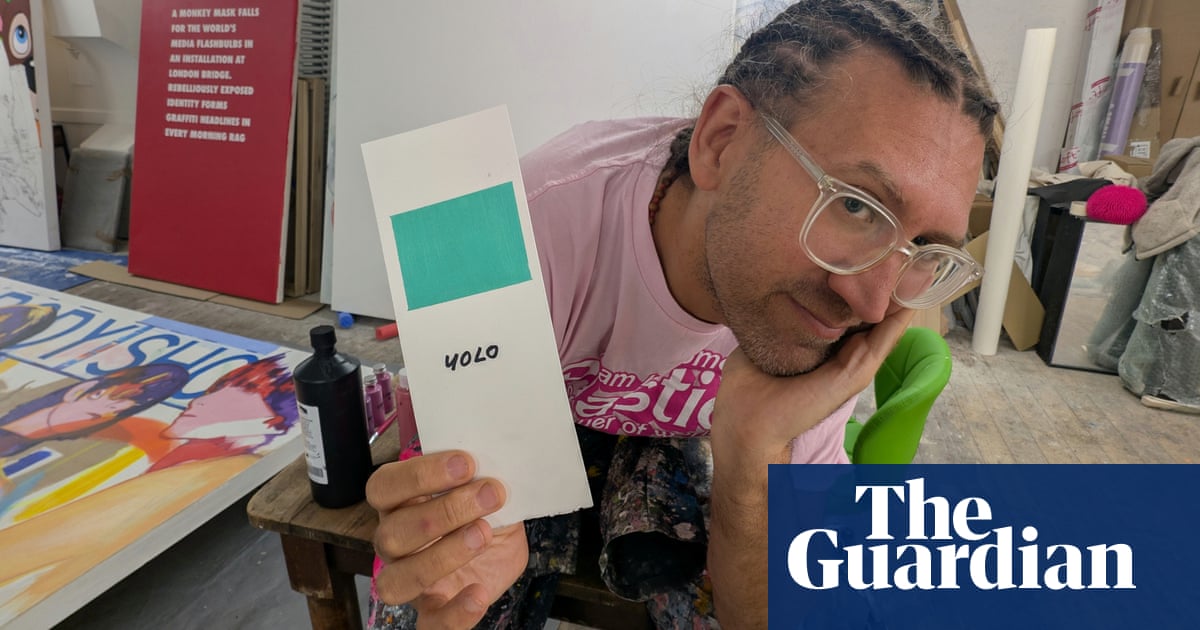Mutiny may be in the air when the Church of England’s normally staid ruling body, the General Synod, meets for a five-day session next week.
The gathering of the 500-member church parliament follows a series of tumultuous events that have resulted in the unprecedented resignation of the archbishop of Canterbury, repeated calls for the archbishop of York to stand down, and the sudden departure of the bishop of Liverpool. Behind all are cases of abuse, alleged abuse and the church’s failure to deal with abuse.
In recent days, demoralised clergy have spoken of a church in freefall, a crisis of trust between grassroots members and the national leadership, serious reputational damage and a fear of more to come.
As a poll this week shows that only one in four members of the public have a favourable view of the C of E, some are asking if the church can ever again provide moral leadership. Even Stephen Cottrell, the archbishop of York and now de facto leader of the C of E, has acknowledged that people are “disgusted” by the country’s established church.
Amid rumours of a no-confidence motion in Cottrell, some female members of synod have written to the archbishop to say it is inappropriate for him to give the opening address on Monday in the circumstances. In response, Cottrell has promised to “make space for silence and prayer as well as offering reflections on how we can be a church which is more transparent and accountable”.
Behind the scenes, efforts are under way to secure fundamental change. Some church members are calling for parliamentary intervention or a royal commission to examine the C of E’s governance. Supporters of such a move say bishops and archbishops are unaccountable and inherently resistant to reform. “What’s needed is a higher authority to step in, and I don’t mean God,” said one.
Fr Robert Thompson, a London priest and synod member who was among those calling for Justin Welby to quit in November, said next week’s meeting would be very tense. “Synod is usually highly managed and controlled, but a lot of people feel this is part of the problem,” he said.
Some felt Cottrell was not the right person to steer the church through the crisis because there were many questions over his own failure to act against alleged abusers. “But because he has massive support among the bishops, he feels he can ride this out,” Thompson said.
Rev Alex Frost, a vicar in Burnley and another synod member, said there were “two parallel universes” in the C of E. “The hierarchy of the C of E that is in disarray, and the local churches that are going about their day-to-day ministry, doing their best against the backdrop of a church that seems to be in freefall,” he said. There had been a “huge breakdown in trust and honesty and integrity, and unless we regain that, we will lose more and more people”.
The Ven Miranda Threlfall-Holmes, the archdeacon of Liverpool, said there was a “real crisis of trust and a real sense of needing to look at how hierarchies are structured and how accountability and transparency works”.
According to Rev Dr Charlie Bell, another synod member, local parishes were “frustrated and irritated” at waves of bad news coming from the C of E hierarchy. People were fed up that good work at grassroots level, such as running food banks or hosting meals for elderly people, were being “endlessly swamped” by bad news from the top of the church.
Bell said he was not confident of there being honest debate about the way forward at next week’s synod. “The issues are being weaponised in a distasteful and unpleasant way.”
Other synod members claimed the issues of abuse and safeguarding were being used by some people as proxies to attack Cottrell and others who were seen as liberal on issues such as same-sex marriage.
after newsletter promotion
Bishops were closeted at an away day last week as their colleague John Perumbalath, the bishop of Liverpool, became engulfed in allegations of sexual misconduct. “We were very, very deeply shaken,” Philip North, the bishop of Blackburn, told a briefing hosted by the Religion Media Centre.
“I can’t deny there is huge reputational damage done to the church at a national level, to the standing of bishops and to the perception of the church, and we feel very much on the back foot, very much on the defensive … I think we do now need to get on to the front foot, demonstrate that we can put in place the necessary safeguarding reforms, and start to change the language.”
Synod members will take two important decisions next week. One is about transferring safeguarding staff to an external body free from church influence or control – a recommendation made a year ago by Prof Alexis Jay, the former chair of the national child abuse inquiry, but not yet adopted.
The other concerns long overdue changes to how clergy are disciplined. Under a new measure, the 12-month time limit for claims of serious misconduct will be abolished, bishops will be almost entirely removed from disciplinary processes, and a central team will investigate the most serious cases.
Both measures will be seen as steps towards putting the C of E’s house in order.

.png) 2 months ago
32
2 months ago
32




